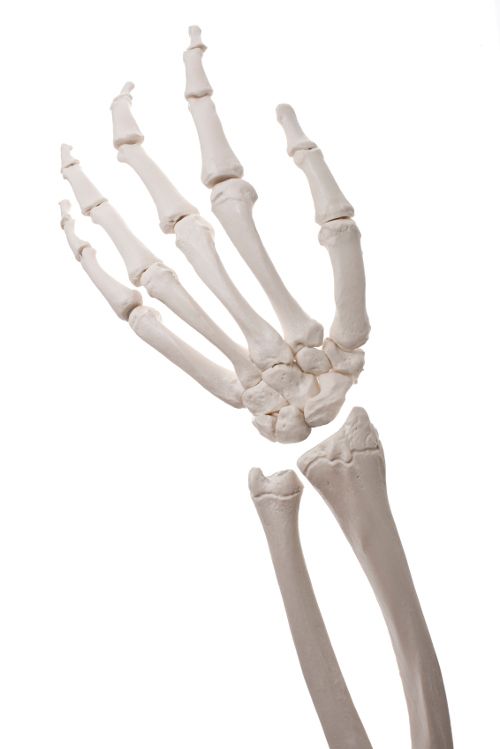PQQ May Prevent Osteoporosis from Testosterone Deficiency in Animal Study
A new animal study suggests pyrroloquinoline quinone (PQQ) supplementation may stimulate osteoblastic bone formation and inhibit osteoclastic bone resorption.
Photo © iStockphoto.com/archives

Pyrroloquinoline quinone (PQQ), an antioxidant found in foods such as kiwifruit, has been found to offer benefits to bone health in previous research, including studies suggesting it inhibits osteoclastic bone resorption (osteoclastogenesis) and promotes osteoblastic bone formation (osteoblastogenesis). But new animal study results have found, for the first time, that the ingredient may also prevent osteoporosis induced by testosterone deficiency.
While osteoporosis linked to menopause is a well-recognized health issue in women, testosterone deficiency-induced osteoporosis in men has actually been found to be linked to greater morbidity and mortality rates after osteoporotic fractures, although it tends to occur later in life than postmenopausal osteoporosis in women. However, until now, researchers had not investigated whether PQQ could improve osteoporosis linked to testosterone deficiency.
Writing in the American Journal of Translational Research, the study authors report that they studied two groups of mice. One group was orchidectomized (ORX; surgical castration), while the other group underwent a sham surgery. Then, for the following 48 weeks, mice in the ORX group received either a normal diet or a normal diet plus 4 mg PQQ per kg of diet. The sham-surgery mice group received only a normal diet.
At the end of the supplementation period, researchers found that the placebo group of ORX mice had significant reductions to bone mineral density, trabecular bone volume, osteoblast number, and collagen deposition compared to the sham mice. However, the PQQ group largely did not experience such reductions. Osteoclast surface was also significantly increased in the ORX placebo group compared to the shame mice, but was significantly decreased in the PQQ group.
“This study demonstrated that [PQQ] plays a prevention role in testosterone deficiency-induced osteoporosis by inhibiting oxidative stress and DNA damage, cell apoptosis, and promoting the MSC proliferation and differentiation into osteoblasts and by inhibiting the NF-κB signaling in bone to reduce the osteoclastic bone resorption,” researchers concluded. “Our results from this study provided experimental evidence for the clinical application of [PQQ] to treat osteoporosis in aged men.”
References:
- Wu X et al., “Pyrroloquinoline quinone prevents testosterone deficiency-induced osteoporosis by stimulating osteoblastic bone formation and inhibiting osteoclastic bone resorption,” American Journal of Translational Research, vol. 9, no. 3 (March, 2017): 1230–1242





